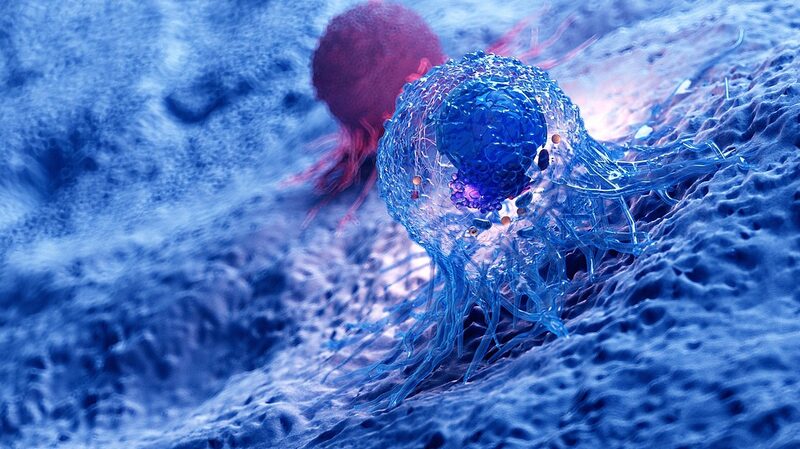Scientists have uncovered a groundbreaking mechanism that redefines our understanding of telomeres, the protective caps on our chromosomes. Traditionally viewed as passive markers of aging, these structures now appear to take an active role in defending cells against cancer.
Researchers at Sydney's Children's Medical Research Institute, in collaboration with experts from the University of Kyoto, discovered that telomeres dynamically respond to cellular stress. "Our data shows telomeres are much more active. They can acutely respond to stress and actively open up to turn on a cellular response that looks like aging. They do this to avoid cancer," explained Tony Cesare of the Genome Integrity Unit.
Published in Nature Communications, the study reveals that telomeres can trigger cell cycle arrest or programmed cell death in cells with damaged chromosomes, eliminating potential cancer threats before they multiply uncontrollably. This discovery suggests new avenues for cancer treatment by targeting telomeres to induce tumor cell death.
As innovative research continues to reshape our understanding of biology, these data-driven insights offer fresh hope for more effective, targeted cancer therapies. This breakthrough is a reminder of the hidden complexities within our cells and the potential for novel strategies in the fight against cancer.
Reference(s):
Scientists uncover new mechanism that defends against cancer
cgtn.com



